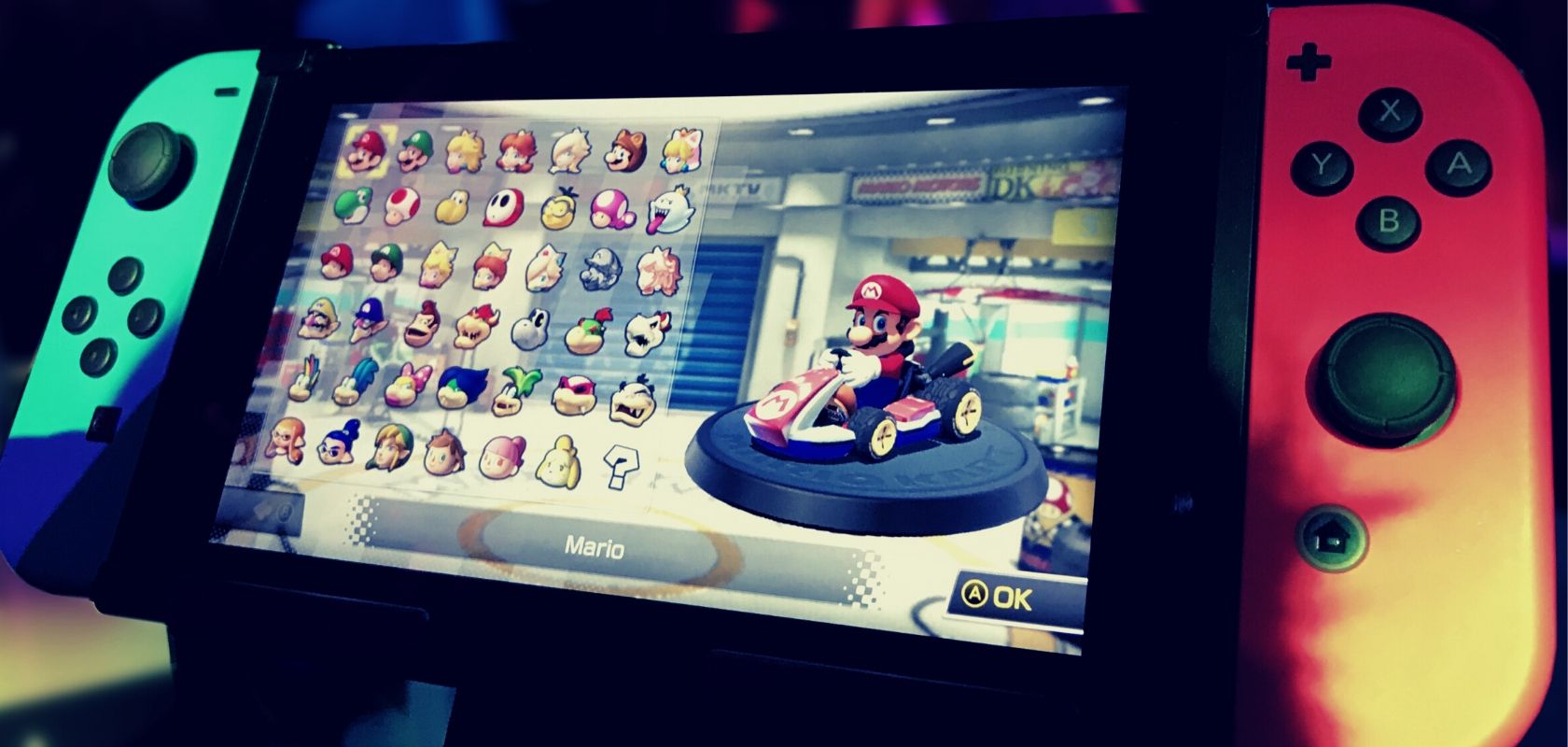The right to repair movement is at its core about safeguarding and guaranteeing property rights of consumers.
When corporations sell a piece of hardware but prohibit the consumer from repairing it themselves or in a third-party shop, their right and ownership of property is what’s challenged.
Manufacturers say they want to provide the best experience and ensure the security of their products – but the motive hidden behind these DRM (digital rights management) lock-downs is to make the repair process restricted and lengthy – in a way that eventually persuades consumers to buy a new product.
This trend, that is counter-intuitive to consumer rights and even freedoms enjoyed in democracies, is growing beyond consumer electronics.
In the US, farmers buying John Deere tractors are prohibited from modifying their vehicle’s farm equipment software.
The desire to control users and maximize profits by any means necessary is driving companies to remotely disable hardware, remove content from devices, and try to introduce the concept of “everything as a service.”
This is something that right-to-repair associations are trying to push back against by introducing bills that would end repair monopolies established by powerful corporations.
These initiatives are ongoing in several US states. In Maine, testimonies are currently being heard from parties affected by one such proposed bill.
Louis Rossmann, a right to repair advocate whose YouTube channel has over a million subscribers, took a look at one such testimony, given by a representative of the Entertainment Software Association, ESA, who spoke against the bill from the perspective of game console makers.
ESA is only one of the industry groups fighting to allow manufacturers like Sony, Microsoft, and Nintendo to maintain their repair monopoly.
But, Rossmann observed, ESA’s Kathryn Gunter didn’t do a very good job here: some of her claims appeared disingenuous, but also contradictory and defeating ESA’s own arguments.
Gunter first said that the group’s members, the three giant manufacturers, are fully committed to giving consumers ways to repair their consoles “quickly and affordably” – ostensibly arguing that there is no need for independent repair shops in the first place.
And, she asserted, the industry doesn’t make any money by providing repairs.
But Rossmann took issue with this statement, highlighting that Microsoft, Sony, and Nintendo are all in the business of selling consoles and profit in the most direct way when people who have no easy way to fix old hardware then decide to buy new devices.
The restrictive policy that makes repairs difficult, according to him, is clearly steering consumers toward new purchases.
Gunter, however, claims that manufacturers provide a wide variety of repair options – and at this point introduces what is the industry’s main argument against allowing people to handle their own repairs: she said such a right undermines the security of hardware and software, and encourages piracy.
The ESA representative continued to explain that consoles have anti-piracy technical prevention measures – aka “digital locks” built in to prevent usage of bootleg copies of games.
These locks are essential, according to her, to creating secure media platform – while allowing third parties access to hardware schematics, diagnostics information, and tools would undermine that security.
Her claim here is that passing the bill and enacting its requirements would allow digital locks to be modified and disabled, allegedly opening the floodgates to piracy and damaging both console manufacturers and game publishers.
But as noted by Rossmann, who is actively involved in the process, the bill proposes no such thing.
On the contrary – it is worded to state that right to repair doesn’t require access to anything that would allow disabling of digital locks.
What’s instead being asked for is the ability to buy and replace a fan, or learn the value of a resistor – while the ESA representative is conflating the two issues and misdirecting lawmakers, he said.
And Gunter even contradicted her own argument that digital locks are so secure as to be indispensable in preventing piracy.
She let slip that as soon as new consoles come out, people get busy cracking them, so companies like Sony must issue multiple updates to try and keep up.
Rossmann took this to dismiss the piracy argument since piracy is clearly happening even as repair shops have no access to the requested hardware features.
“It’s pure fear-mongering,” Rossmann concluded.
Click here to display content from YouTube.
Learn more in YouTube’s privacy policy.












